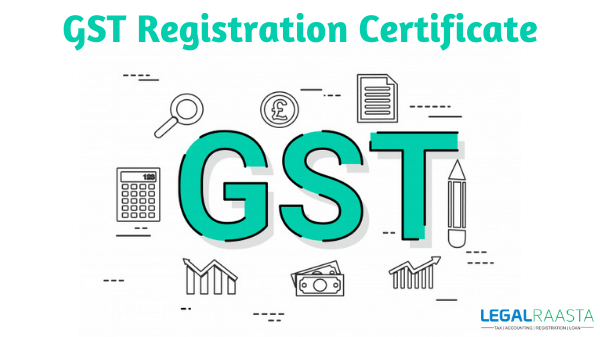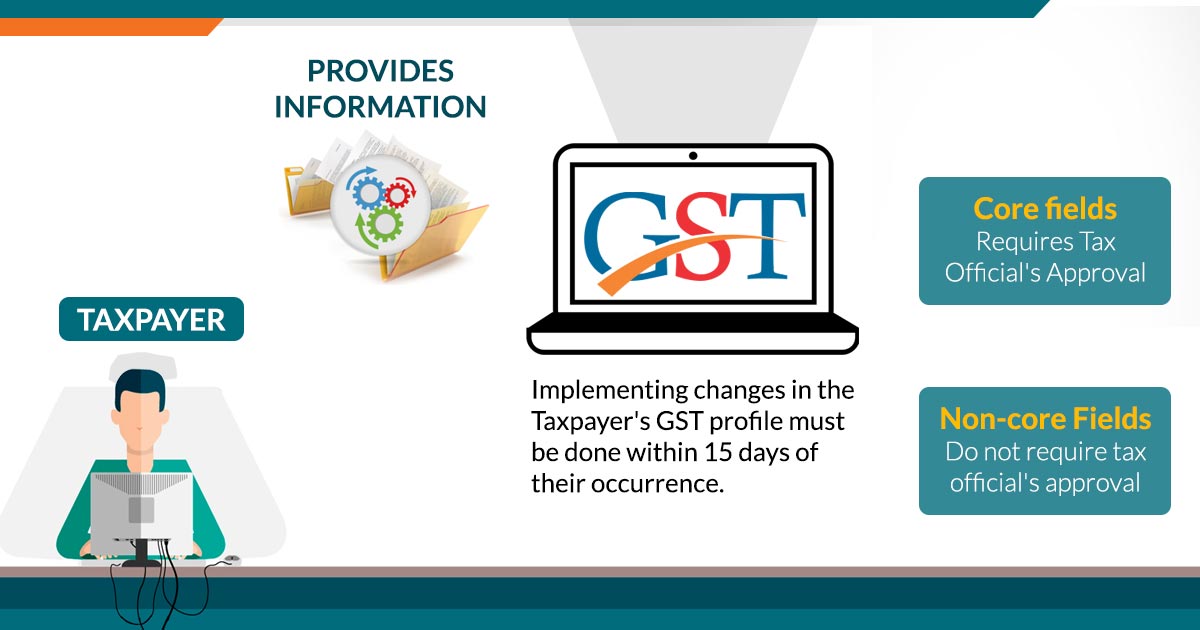How to Find the Best GST Registration Services in Singapore Promptly
How to Find the Best GST Registration Services in Singapore Promptly
Blog Article
Throughout: The Ultimate Roadmap to GST Registration for Businesses Seeking Financial Stability
Browsing the intricacies of Goods and Provider Tax Obligation (GST) registration is a critical action for businesses making every effort for monetary security. Damaging down the roadmap into convenient steps can streamline the registration trip for services looking to improve their monetary standing.
Recognizing GST Essentials
Delving into the fundamental principles of Goods and Solutions Tax Obligation (GST) is important for getting a thorough understanding of its implications on companies and the economy. Input Tax Obligation Debt (ITC) is a significant attribute of GST, allowing companies to declare credit history for tax obligations paid on inputs, lowering the general tax obligation concern. Recognizing the essentials of GST is essential for companies to conform with tax obligation laws, handle their funds successfully, and contribute to the country's financial development by taking part in a transparent tax system.
Qualification Requirements for Enrollment
As of the existing regulations, the threshold limit for GST registration is an annual aggregate turnover of 40 lakhs for services operating within a state, other than for unique classification states where the limit is 20 lakhs. Furthermore, certain services are called for to register for GST irrespective of their turn over, such as interstate suppliers, laid-back taxable persons, and businesses responsible to pay tax under the reverse fee system. It is important for businesses to thoroughly assess their turnover and deal types to identify their GST registration responsibilities precisely.
Papers Needed for Enrollment
Having actually satisfied the qualification standards for GST enrollment, companies have to now ensure they have the requisite records in area to continue with the enrollment process efficiently. The papers needed for GST registration commonly consist of evidence of service constitution, such as collaboration act, enrollment certificate, or consolidation certification for different sorts of companies. Additionally, services need to give papers establishing the major workplace, such as a rental agreement or electricity bill. Frying pan card of the business, as well as the identity and address proof of promoters/partners/directors, are essential for verification objectives. Bank account declarations, along with canceled cheques or a copy of the bank passbook, are required to confirm the economic details offered during enrollment. Organizations must have electronic signatures prepared for the authorized notary. Guaranteeing all these records are arranged and conveniently available will certainly accelerate the GST enrollment procedure, allowing organizations to conform with tax obligation laws seamlessly.
Step-by-Step Registration Process
Beginning the GST enrollment process includes a series of structured actions to make sure a certified and seamless registration for services. The primary step is to check out the GST website and submit the registration type with precise details of the organization entity. Following this, the candidate receives a Short-lived Recommendation Number (TRN) which is made use of to resume the application procedure if it's not finished in one go.
Following, all needed records based on the checklist supplied by the GST portal need to be uploaded. These records normally consist of proof of organization registration, address and identification proofs of marketers, monetary declarations, and business site entity's frying pan card.

Post-Registration Compliance Standards

Conclusion
In final thought, services looking for economic security must comprehend the basics of GST, meet eligibility requirements, gather required files, adhere to the step-by-step registration process, and abide with post-registration standards - Best GST registration services in Singapore. By adhering to these steps, services can make sure conformity with tax regulations and maintain economic security in the long run
Furthermore, specific companies are needed to register for GST regardless of their turnover, such as interstate suppliers, laid-back taxable persons, and companies liable to pay tax obligation under the reverse charge mechanism.Having actually satisfied the qualification standards for GST enrollment, organizations should currently guarantee they have the requisite documents in area to proceed with the enrollment procedure effectively. The records required for GST registration typically include evidence of company constitution, such as partnership act, registration Clicking Here certificate, or consolidation certification for different types of businesses. Additionally, companies need to offer papers developing the principal area of service, such as a rental arrangement or electricity costs.Beginning the GST enrollment procedure involves a collection of organized actions to make sure a certified and seamless enrollment for businesses.
Report this page